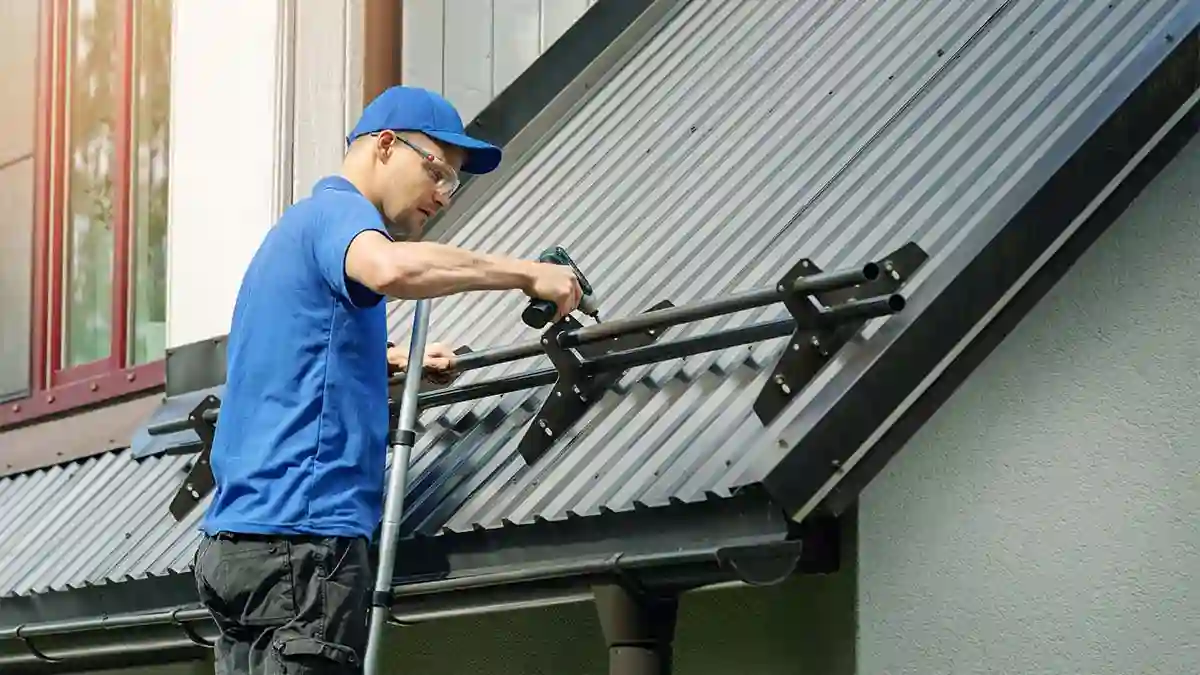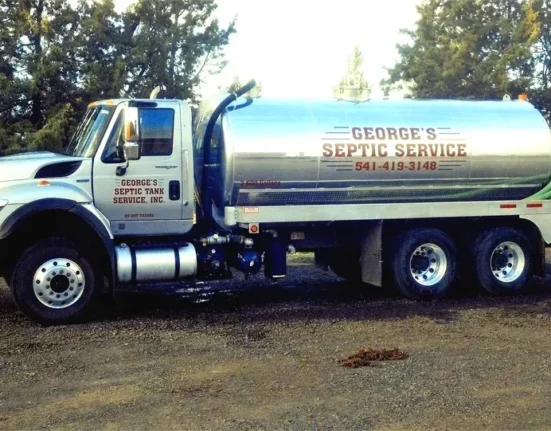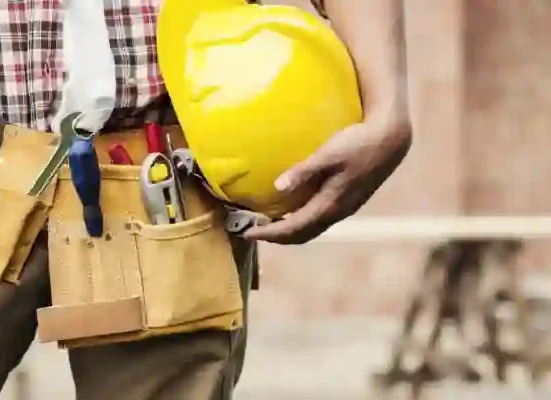In the world of roofing, technology is revolutionizing the way roofing contractors operate. From advanced tools to cutting-edge techniques, the roofing industry is evolving to provide more efficient, cost-effective, and environmentally friendly solutions. In this article, we’ll explore some of the modern tools and techniques that roofing contractors are using to enhance their services and deliver better results for their customers.
1. Drones for Roof Inspections
One of the most significant advancements in roofing technology is the use of drones for roof inspections. Drones equipped with high-resolution cameras can quickly and safely inspect roofs, even those that are difficult to access. Roofing contractors can use these aerial views to identify issues such as missing shingles, damaged flashing, or other potential problems. This technology not only saves time but also reduces the risk associated with traditional manual inspections.
2. Infrared Imaging
Infrared imaging technology has become a valuable tool for roofing contractors when detecting leaks or areas of moisture intrusion. Infrared cameras can identify temperature differences on the roof’s surface, highlighting areas where water may be present. This non-destructive testing method allows contractors to pinpoint issues without the need for invasive inspections, reducing the potential for further damage.
3. Roofing Software and Apps
Roofing contractors are increasingly relying on specialized software and mobile apps to streamline their operations. These tools help with project management, estimating costs, scheduling, and even providing virtual roofing visualizations for customers. Roofing software allows contractors to create accurate quotes, track materials and labor costs, and manage multiple projects efficiently.
4. 3D Roof Modeling
3D roof modeling software has revolutionized the way contractors plan and execute roofing projects. These tools allow contractors to create detailed 3D models of roofs, providing a comprehensive view of the project before any work begins. This technology helps contractors identify potential challenges, plan material quantities accurately, and ensure that the project aligns with the customer’s expectations.
5. Roofing Materials and Coatings
Technological advancements in roofing materials and coatings have also made a significant impact on the industry. Energy-efficient roofing materials, cool roofing coatings, and reflective roofing options can help reduce energy consumption and improve the overall environmental impact of roofing projects. These materials can also extend the lifespan of roofs and provide better protection against harsh weather conditions.
6. Solar Roofing Technology
Solar roofing technology has gained popularity in recent years as an environmentally friendly and energy-efficient roofing option. Solar shingles and integrated solar panels allow homeowners and businesses to harness the power of the sun to generate electricity and reduce their energy bills. Roofing contractors are increasingly offering solar roofing installation services to meet the growing demand for sustainable energy solutions.
7. Roofing Recycling Programs
Many roofing contractors are embracing environmentally responsible practices by participating in roofing material recycling programs. These programs allow contractors to recycle old roofing materials, such as asphalt shingles, metal, and tiles, rather than sending them to landfills. Recycling roofing materials not only reduces waste but also conserves valuable resources and lowers the environmental impact of roofing projects.
8. GPS and Navigation Technology
Roofing contractors are using GPS and navigation technology to improve efficiency and accuracy when traveling to job sites. GPS systems help contractors find the fastest and most efficient routes, reducing travel time and fuel consumption. Navigation apps also help contractors locate specific addresses and access detailed mapping information, making it easier to reach remote or unfamiliar locations.
9. Safety Technology
Safety is a top priority for roofing contractors, and technology plays a crucial role in enhancing safety on job sites. Contractors use safety equipment such as fall protection systems, harnesses, and helmets to protect their workers. Additionally, mobile apps and wearable devices are available to monitor worker safety and provide real-time alerts in the event of an accident or hazardous conditions.
10. Virtual Reality (VR) and Augmented Reality (AR)
Virtual reality and augmented reality technologies are becoming valuable tools for roofing contractors. These technologies allow contractors to create immersive visualizations of roofing projects, helping clients visualize the final result. AR can also assist contractors in on-site measurements and provide real-time information and instructions during roofing installations.
11. Thermal Roofing Imaging
Thermal imaging cameras are used by roofing contractors to identify areas of heat loss or insulation deficiencies on roofs. This technology can help improve energy efficiency by detecting areas that require additional insulation or repairs. It’s particularly useful for commercial roofing projects, where energy costs can be substantial.
12. Weather Forecasting Tools
Roofing contractors rely on accurate weather forecasts to plan their work effectively. Modern weather forecasting tools and apps provide real-time weather information, including precipitation forecasts, wind speed, and temperature. This information helps contractors schedule their projects to avoid adverse weather conditions that could impact the quality of their work.
13. Green Roofing Technology
Green roofing technology has gained popularity as an eco-friendly roofing solution. Green roofs, also known as living roofs, involve the installation of vegetation and greenery on the roof’s surface. These roofs provide insulation, reduce urban heat island effects, and contribute to improved air quality. Roofing contractors with expertise in green roofing technology can design and install these sustainable roofing systems.
14. Online Customer Portals
Roofing contractors are leveraging online customer portals to enhance communication with clients. These portals allow customers to track the progress of their roofing projects, access project documents and invoices, and communicate with the contractor’s team easily. This technology improves transparency and customer satisfaction throughout the project.
15. Energy-Efficient Ventilation Systems
Modern roofing contractors are increasingly integrating energy-efficient ventilation systems into their projects. These systems help regulate indoor temperatures, reduce energy consumption, and improve the overall comfort and efficiency of homes and buildings. Proper ventilation also extends the lifespan of roofing materials by preventing heat buildup in the attic.
Conclusion
Technology is transforming the roofing industry, offering roofing contractors innovative tools and techniques to improve efficiency, safety, and sustainability. From drones for inspections to advanced roofing materials and energy-efficient solutions, these advancements are benefiting both contractors and customers. As technology continues to evolve, roofing contractors will likely embrace even more innovative solutions to meet the demands of today’s roofing projects while minimizing environmental impact.









